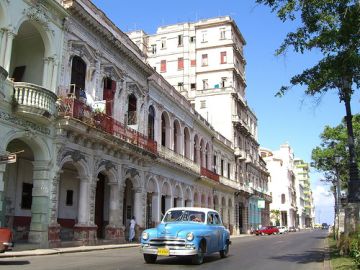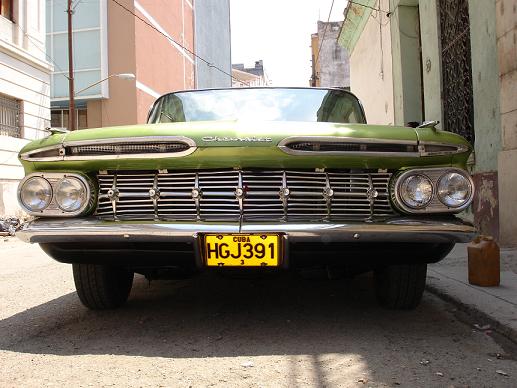Travelers who have visited Cuba tend to describe the island as a time capsule or a freeze frame 1950s-era photo.
In some ways, that’s true. My husband’s family, for instance, still owns the tank-sized Frigidaire they bought before the triumph of the Revolution. (And yes, it still works).
Travelers who haven’t yet been to Cuba but who have long been hoping to get their own glimpse into the time warp might want to hurry up and do so: rumblings in the U.S. and on the island suggest that the travel ban, trade embargo, and decades-long diplomatic freeze imposed by the U.S. may start to be dismantled soon.





